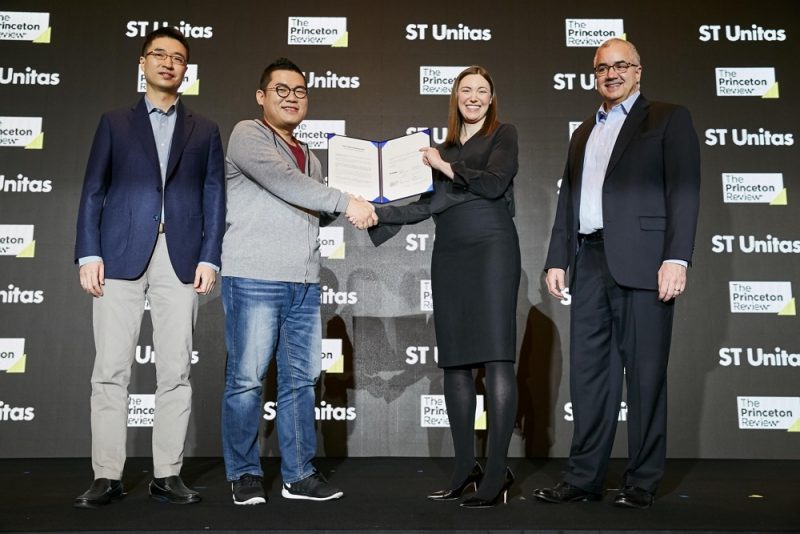Enterprise
-

Go-Jek is Indonesia’s first ‘Decacorn’
This places Go-Jek as one of the 20 decacorns across the world, while other Indonesian unicorns on CB Insights’ list are Tokopedia, Traveloka, and Bukalapak.
-

Equis to sell entire stake in green energy platform Energon, exit from India
The sell-off plan is part of the firm’s strategic review of its renewable energy portfolio in Asia, as well as a sign of impending consolidation in India’s clean energy sector.
-

Baidu said to make US$100 million investment in Chinese electric car startup NextEV
Internet giant Baidu reportedly plans to invest about US$100 million in NextEV, a high-end electric car manufacturer founded in Shanghai in November 2014. The alliance is intended to boost Baidu’s faltering autonomous driving business.
-

IFM Investors to acquire minority stakes in Australian fashion handbag and accessories retailer Colette by Colette Hayman
IFM’s private equity arm has acquired a significant minority stake in Collete by Collette Hayman, an Australian retailer of handbags and fashion accessories.
-

Korean ST Unitas to acquire the Princeton Review
During the press conference at Conrad Hotel in Seoul on the 14th of February, Korean’s ST Unitas has made an announcement that it is to acquire the Princeton Review.




